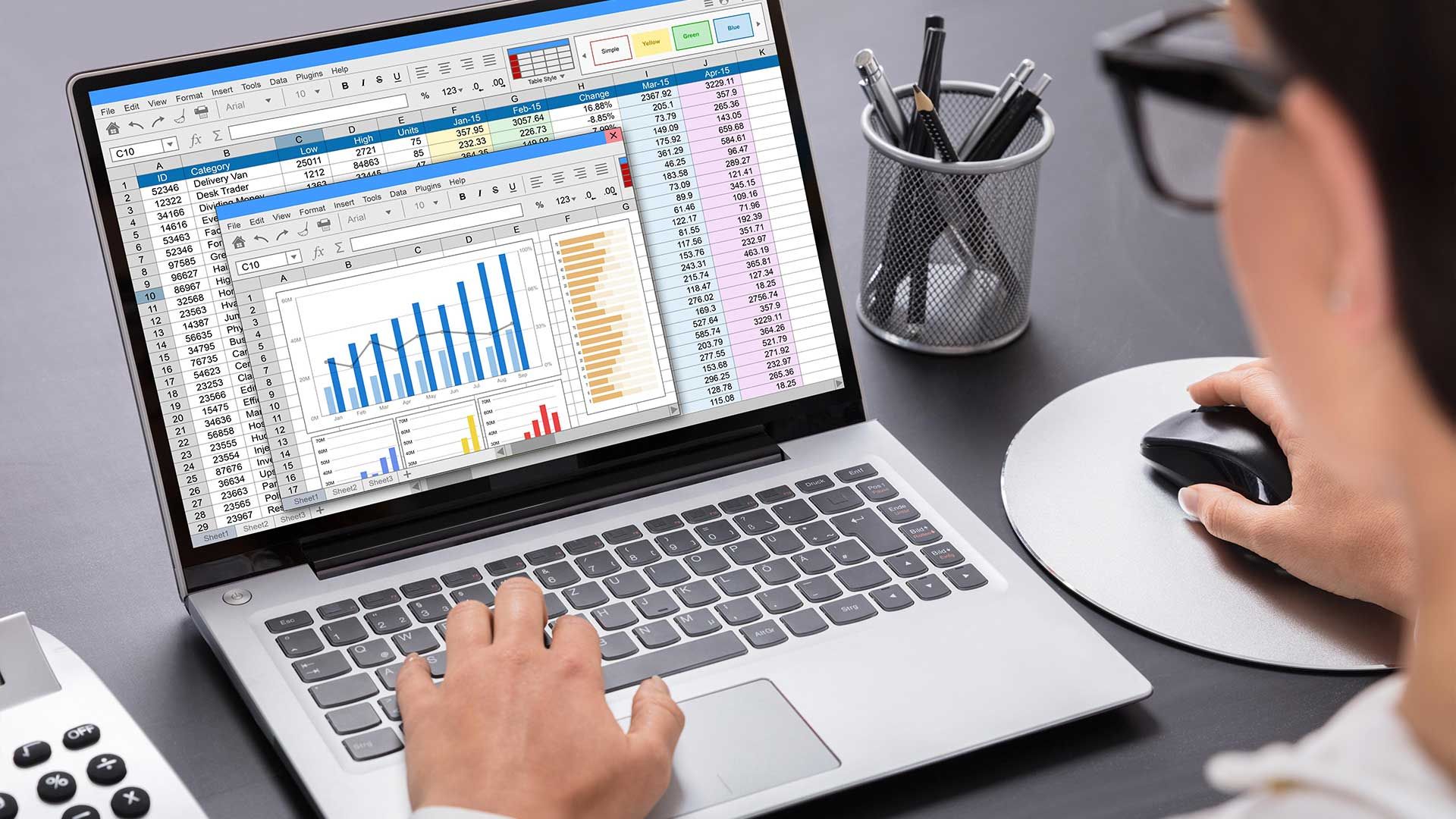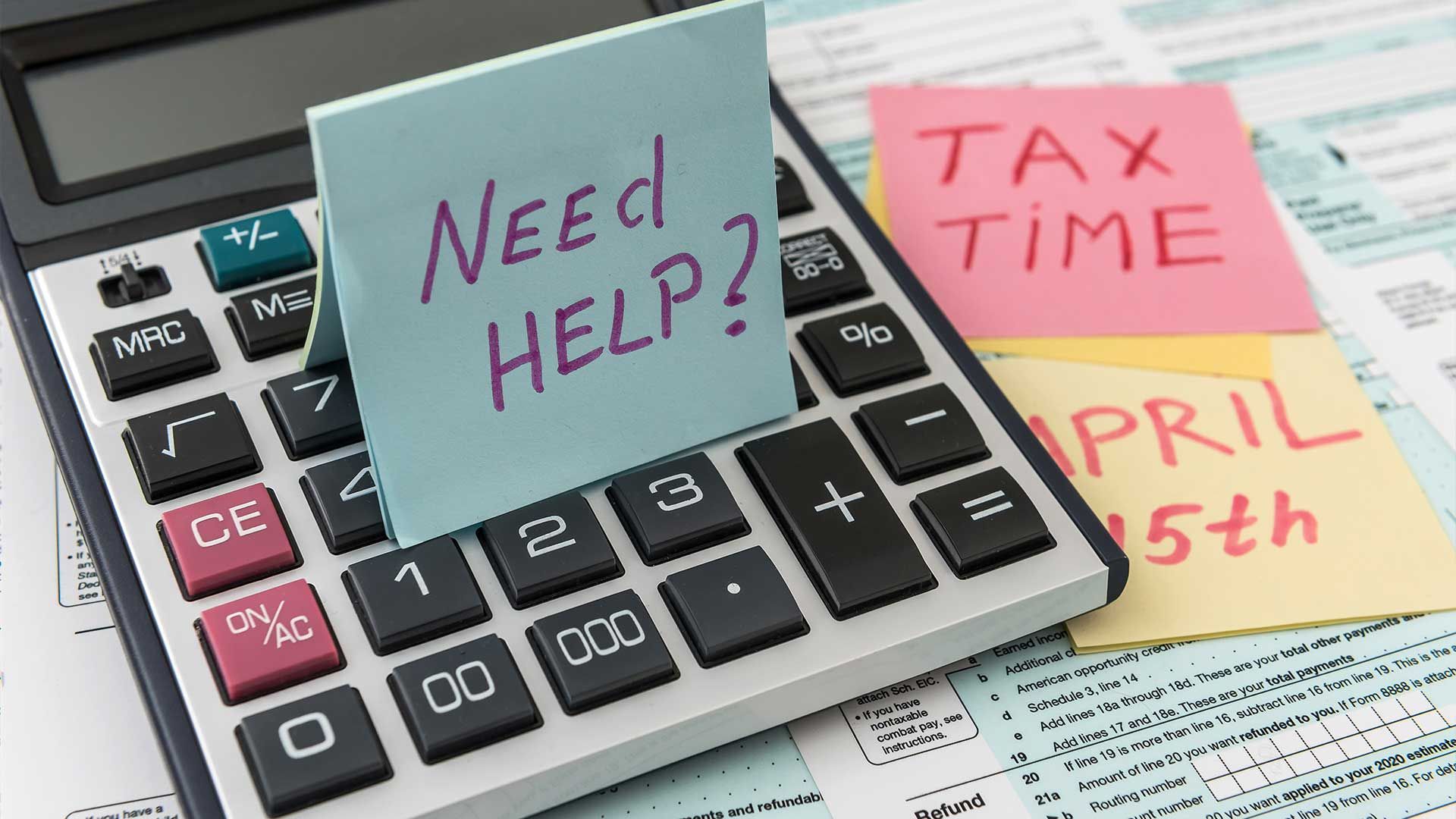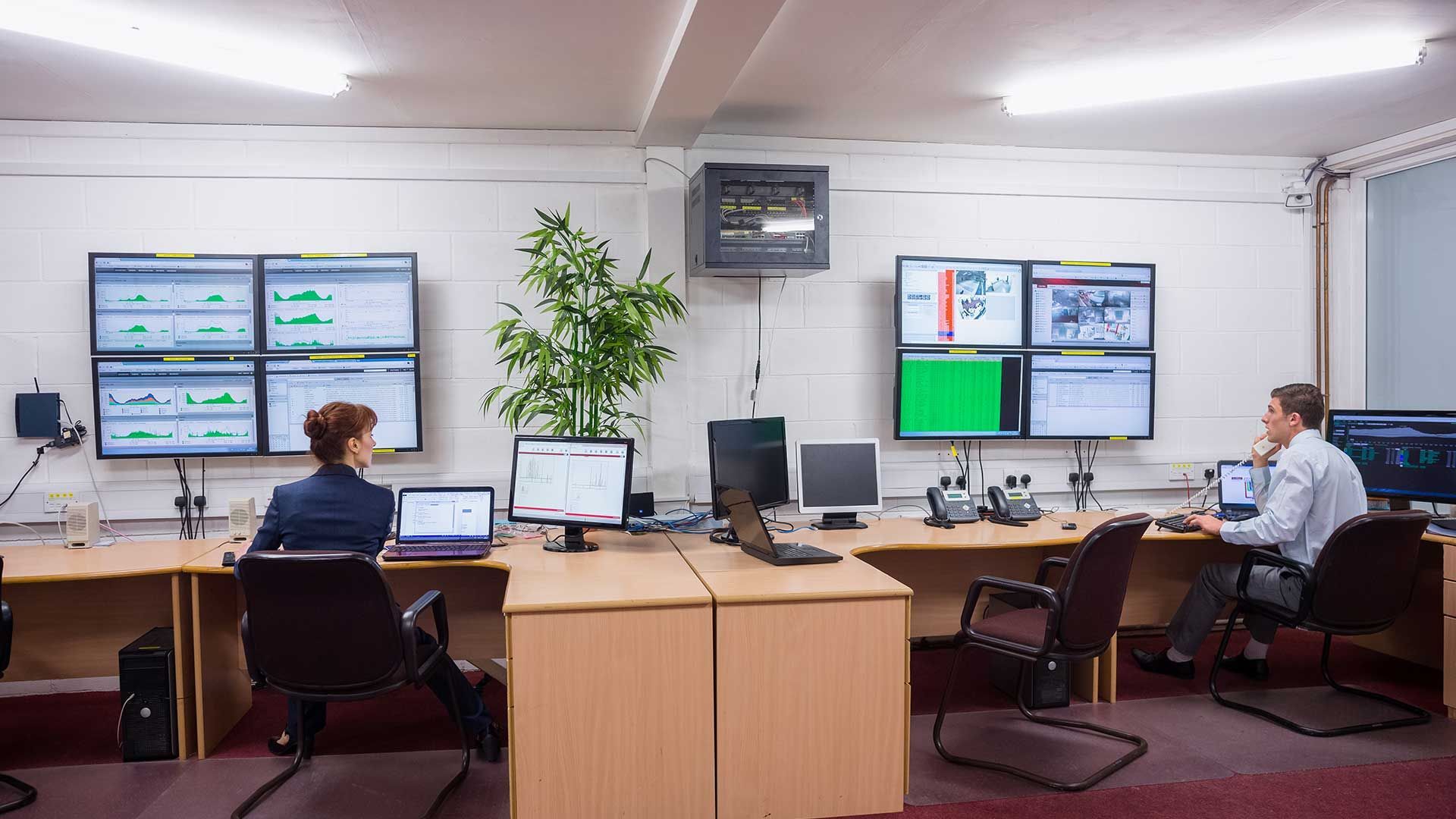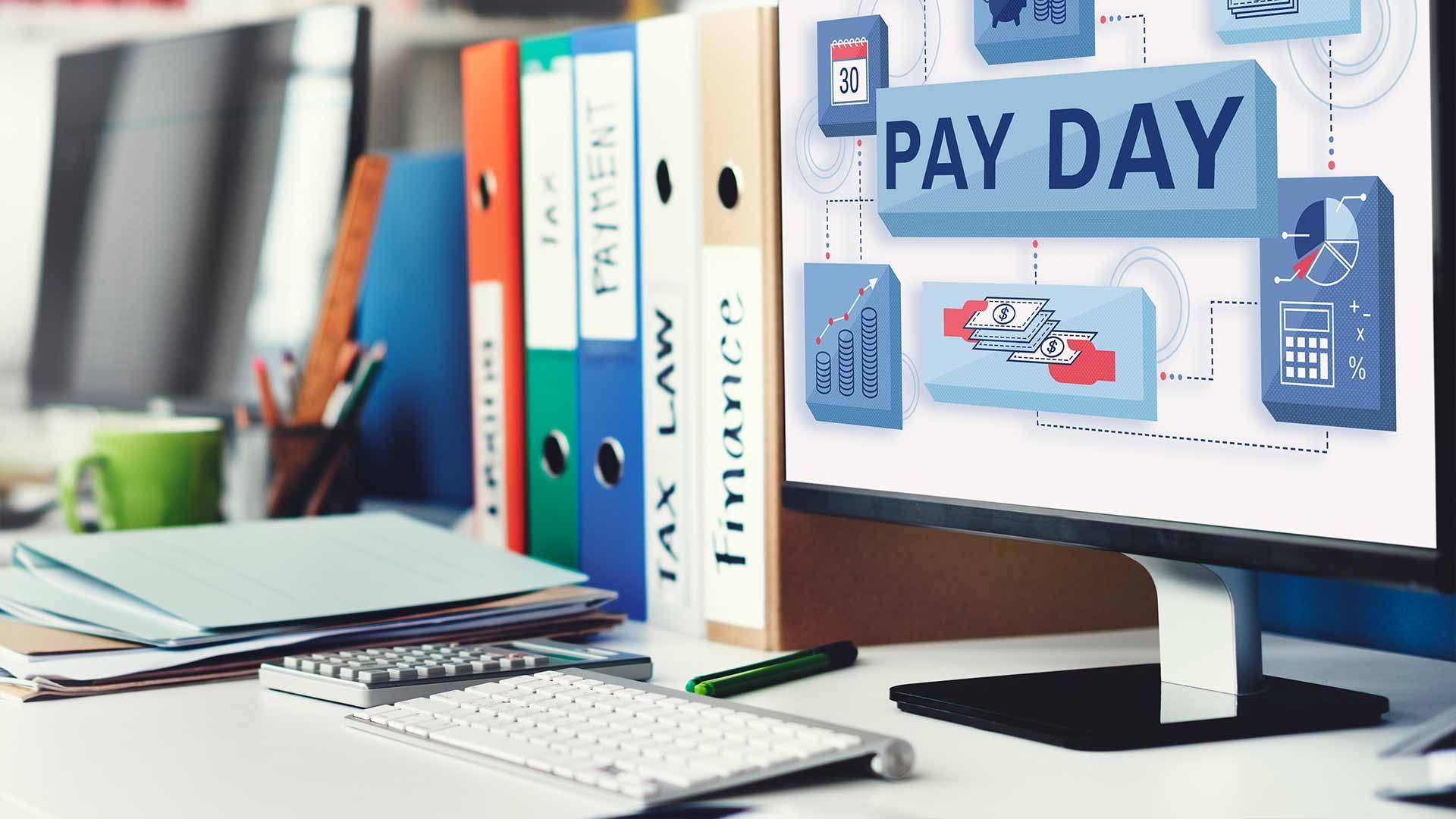Blog Layout
Top 10 Write-Offs That Self-Employed Professional Should Know About
December 13, 2023
Tax season can be a daunting time for self-employed professionals and small business owners. However, the good news is that there are numerous tax write-offs available that can significantly reduce your tax liability and boost your bottom line. In this article, we'll explore the top 11 tax write-offs that every self-employed professional should be aware of to make the most of their financial situation.
10 Write-Offs That Self-Employed Professional Should Know About
1. Home Office Deductions:
The home office deduction can be a significant tax write-off for self-employed professionals who work from home. To qualify, your home office must be used exclusively for business purposes. This means that a portion of your home, such as a dedicated room or workspace, should be solely for conducting your business activities.
In addition to rent or mortgage interest, you can also deduct expenses related to utilities (electricity, water, gas), property taxes, and even home insurance that covers your home office space. However, the key is to calculate the percentage of your home used for business compared to the total square footage of your home.
Keeping meticulous records of your home office expenses is crucial. This includes maintaining receipts and invoices for all related costs and keeping a clear log of the time you spend working in your home office. Proper documentation will help you claim this tax write-off confidently.
2. Business Vehicle Expenses:
If you use your vehicle for business purposes, you can claim tax write-offs for various related expenses. These expenses can add up and significantly reduce your taxable income.
Some common business vehicle expenses that are deductible include:
- Mileage: You can deduct a certain amount per mile driven for business purposes. Keep a detailed mileage log to track your business-related trips.
- Fuel: The cost of fuel used for business travel is deductible.
- Maintenance and Repairs: Expenses for maintaining and repairing your vehicle, such as oil changes and brake repairs, can be written off.
- Insurance: The portion of your auto insurance premium that covers business use is deductible.
- Depreciation: If you own the vehicle, you can claim depreciation as an expense.
To ensure you get the maximum benefit from these tax write-offs, it's crucial to keep thorough records of all vehicle-related expenses. Additionally, you may need to differentiate between personal and business use, so maintaining a mileage log is especially important.
3. Health Insurance Premiums:
Health insurance can be a significant cost for self-employed professionals, but the good news is that health insurance premiums are tax-deductible. To qualify for this deduction, you must meet certain criteria:
- You are not eligible for an employer-sponsored health plan through your or your spouse's job.
- You are self-employed and report business income on your tax return.
- You meet the IRS definition of being self-employed, which means you have a net profit from your business.
It's essential to keep accurate records of your health insurance premium payments and proof of coverage. This ensures that you can claim this valuable tax write-off while also having the necessary documentation in case of an IRS audit.
4. Retirement Contributions:
Planning for retirement is crucial for self-employed professionals, and it comes with valuable tax benefits. There are several retirement account options available, such as a Simplified Employee Pension (SEP-IRA) or a Solo 401(k), that cater to self-employed individuals.
- SEP-IRA: This retirement plan allows you to contribute up to 25% of your net earnings from self-employment (up to a certain limit) each year. Contributions are tax-deductible, reducing your taxable income.
- Solo 401(k): The Solo 401(k) is designed for sole proprietors or business owners with no employees other than a spouse. It offers higher contribution limits than a SEP-IRA and allows for both employee and employer contributions. Contributions are tax-deductible, and earnings in the account grow tax-deferred.
To make the most of these retirement plans as tax write-offs, you need to understand the contribution limits, deadlines for contributions, and how they align with your overall financial goals. Consult with a financial advisor to determine the best retirement plan for your unique situation.
5. Education and Training Expenses:
Self-improvement is a cornerstone of success for self-employed professionals, and the good news is that education and training expenses can also serve as tax write-offs. Deductible expenses in this category include:
- Courses and Workshops: The cost of courses, workshops, and seminars directly related to your business can be deducted. This includes expenses for materials and tuition.
- Professional Development: Expenses for books, online courses, and subscriptions to industry-specific publications can be considered tax write-offs when they enhance your skills and knowledge within your field.
It's important to document these expenses carefully, including receipts and proof of participation, to support your tax deductions. Keep track of how each educational expense directly benefits your business, as this will be essential in justifying the deductions during tax season.
6. Internet and Phone Expenses:
In today's digital age, the internet and phone are indispensable tools for self-employed professionals. Fortunately, you can claim a portion of these expenses as tax write-offs, considering their business use.
- Internet Expenses: If you use the internet for both personal and business purposes, you can deduct a percentage of your internet bill that corresponds to your business use. For instance, if 30% of your internet usage is for business, you can deduct 30% of your internet expenses.
- Phone Expenses: Similarly, if you use your phone for both personal and business calls, you can allocate a portion of your phone bill as a tax deduction for business use. Having a dedicated business phone line can simplify this process.
- Mobile Devices: If you use a mobile device like a smartphone or tablet for business, the associated costs, including data plans and apps, can be deductible.
As with other deductions, meticulous record-keeping is key to accurately calculating these tax write-offs. Document your business-related calls, emails, and internet usage to justify the deductions and ensure compliance with IRS regulations.
7. Business Travel and Meals:
Deducting business travel and meal expenses can be a significant tax advantage for self-employed professionals. These deductions can encompass various costs associated with traveling for business purposes, including transportation, lodging, meals, and incidentals.
- Transportation: Expenses related to airfare, train tickets, rental cars, and mileage can be deducted. Keep detailed records of your travel dates, destinations, and the purpose of each trip.
- Lodging: Accommodation costs incurred during business travel, such as hotel stays, are deductible. Be sure to separate personal and business expenses if you extend your trip for leisure.
- Meals: While you're on a business trip, you can deduct meal expenses, but there are limitations on the amount you can claim. It's essential to keep receipts and document the business purpose of each meal.
- Incidentals: Expenses like taxi fares, parking fees, and tips related to your business travel can also be included as deductions.
Ensure that you keep thorough records of all your business travel expenses, including receipts and a log of business-related activities during your trips.
8. Supplies and Equipment:
Self-employed professionals often invest in office supplies and equipment to run their businesses efficiently. These expenses can be deductible as long as they are ordinary and necessary for your business operations.
- Office Supplies: Everyday items like paper, pens, printer ink, and stationery can be deducted.
- Business Equipment: Larger purchases like computers, printers, furniture, and specialized tools can be depreciated over time or expensed upfront, depending on the cost and type of equipment.
- Software: Expenses related to software necessary for your business, such as accounting software or graphic design programs, are deductible.
It's important to distinguish between expenses that can be immediately expensed and those that need to be depreciated over time. Proper record-keeping is crucial to justify these deductions.
9. Professional Fees and Subscriptions:
Self-employed professionals often incur various fees and subscriptions that are essential to their businesses. These expenses can be deducted when they are directly related to your business activities.
- Professional Memberships: Fees associated with memberships in professional organizations or industry-specific associations can be deductible.
- Licenses and Permits: Costs for obtaining and renewing necessary licenses and permits for your business operations are deductible.
- Subscriptions: Subscriptions to industry publications, trade journals, or software services relevant to your profession or trade can also be written off.
Ensure that you keep records of payments and a clear connection between these expenses and your business activities to support these deductions during tax season.
10. Miscellaneous Business Expenses:
Miscellaneous business expenses encompass a wide range of costs that self-employed professionals may incur to keep their businesses running smoothly.
- Advertising Expenses: Costs related to advertising and promoting your business, such as online ads, print ads, and marketing materials, can be deductible.
- Office Rent: If you rent office space, this expense is deductible. Be sure to keep records of your lease agreement and rent payments.
- Legal and Professional Fees: Fees paid to attorneys, accountants, or consultants for business-related services can be written off.
- Travel and Entertainment: Expenses related to entertaining clients, as well as travel for business meetings and conferences, may be deductible.
- Bad Debts: If you have uncollected payments from clients or customers, you may be able to deduct these as bad debts.
As with other deductions, it's crucial to maintain comprehensive records and demonstrate the business necessity of these miscellaneous expenses to support your tax write-offs.
By delving into the details of these additional tax write-offs, self-employed professionals can take full advantage of these opportunities to reduce their tax liability
and enhance their financial stability. Understanding the nuances of each deduction and maintaining proper documentation is essential for optimizing your tax strategy
and realizing the potential tax savings.
Conclusion
As a self-employed professional, understanding and utilizing tax write-offs is crucial for optimizing your financial situation. By leveraging the top 11 tax write-offs mentioned in this article, you can not only reduce your tax liability but also reinvest those savings back into your business or secure your financial future. However, it's essential to consult with a tax professional to ensure you're taking full advantage of these opportunities and complying with tax regulations.
At Valley Tax & Accounting, located in Spanish Fork, UT, we specialize in assisting self-employed professionals like you in navigating the complex world of tax write-offs and deductions. With our expertise, you can be confident that you're making the most of these valuable tax-saving opportunities. To learn more and schedule a consultation, give us a call at 801-900-3978. Don't miss out on the potential tax savings that these write-offs can offer your self-employed journey. Let Valley Tax & Accounting be your trusted partner in achieving financial success.

February 28, 2024
Bookkeeping software can revolutionize your business operations, saving time, money, and effort. Learn about the benefits of streamlined financial tracking, real-time data insights, and automated reporting. Contact us to explore our solutions and unleash efficiency for your business.

January 24, 2024
Starting the tax season with a well-prepared tax prep checklist can be a game-changer for small business owners. It's not just about complying with legal requirements; it's also about smart financial management. When you're running a small business, every minute and dollar counts. That's why having a clear, efficient approach to handling your taxes is crucial. This guide is specially designed to help small business owners navigate the sometimes complex world of taxes. We understand that tax preparation might not be your favorite task, but it's essential for the health and success of your business. By following a comprehensive tax prep checklist, you can save both time and money – two resources that are incredibly valuable for any small business. Throughout this article, we'll walk you through the key steps and considerations in preparing your taxes. From understanding your business structure to identifying tax deductions , we aim to simplify the process. This guide will provide you with practical tips to make tax season less daunting, allowing you to focus more on growing your business. Let's dive in and demystify tax preparation for small businesses!








